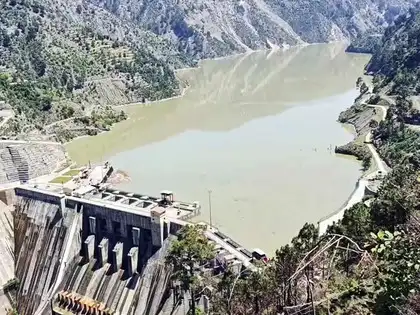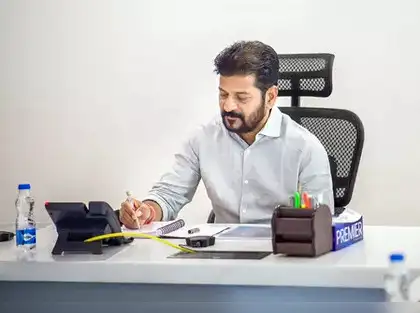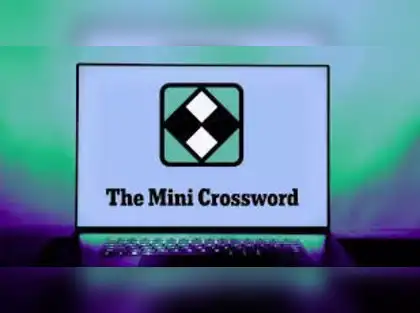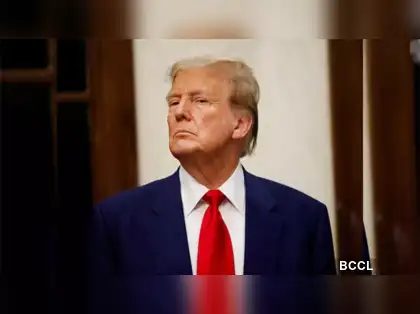India has announced it is suspending the Indus Waters Treaty (IWT) and is looking for legal advice on how to leave the ongoing dispute resolution process with Pakistan. This dispute involves two hydroelectric projects in the Jammu & Kashmir region called Kishanganga and Ratle.
Sources say that the Ministry of Jal Shakti has reached out to the Attorney General of India to discuss what steps they can take to leave the treaty’s resolution framework. A big question is whether India needs to officially inform the World Bank about this suspension or if simply letting the ‘Neutral Expert’—who is examining the dispute—know would be enough. Since this is the only active dispute under the IWT, India might just update the Neutral Expert, effectively putting the treaty on hold.
The Neutral Expert is Michel Lino, who was appointed by the World Bank. He has already held meetings and site visits for two years and confirmed in January 2025 that he was ready to decide on the dispute. India was pleased with this development, but now that the country wants to exit the process, the Neutral Expert’s work might also be paused, although India has responded to Pakistan’s questions without any new objections coming from them.
India claims there has been a ‘fundamental change’ leading to this suspension, using legal arguments to support its decision. In a letter to Pakistan, India explained that changes in population, energy needs, and other important factors have made the original agreement outdated. Since 2022, India has asked to negotiate the treaty after seeing how the World Bank handled this dispute.
The IWT has a formal structure to resolve issues, starting from direct talks between teams from both countries, leading to consultations with the Neutral Expert, and if necessary, an international court.





Leave a Reply